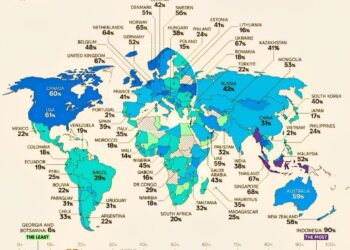Select Language:
China’s leading internet regulator has announced a broad two-month crackdown on social media platforms, aiming to combat content that promotes “malicious incitement of conflict” and spreads “negative outlooks on life,” such as world-weariness. The Cyberspace Administration of China (CAC) emphasized strict content moderation requirements for social media companies, ensuring posts remain within acceptable boundaries and avoid subversion, vulgarity, pornography, or harmful material.
This announcement comes after penalties imposed earlier this month on three major digital platforms for neglecting content management responsibilities. The CAC informed that disciplined and punitive actions would be taken against microblogging site Weibo and short-video platform Kuaishou for emphasizing celebrity coverage and undesirable content. Similar measures were previously announced against Xiaohongshu (known as Red in English).
While specifics of the punishments haven’t been disclosed, the two-month campaign—whose exact start date wasn’t provided—aims to address issues like exploiting trending topics to unfairly associate individuals with certain identities, regions, or genders, thereby stigmatizing and sensationalizing these associations. This potentially targets efforts to restrict discrimination posts. For example, in July, officials in Zhejiang province warned comedians against stirring gender unrest with jokes about gender roles.
The crackdown also targets the spread of false rumors related to the economy, finance, social welfare, and public policies. Weibo had cautioned users over posting pessimistic economic views late last year. The CAC’s statement additionally highlighted efforts to curb malicious interpretations of social phenomena, exaggerated negative personal stories, and promotion of moods like world-weariness—phrases used by young Chinese to describe rejecting intense work cultures in favor of more relaxed lifestyles, often called “lying flat” or “letting it rot.”
Overall, this initiative seeks to cultivate a more civilized, rational digital environment, enhancing online discourse and reducing harmful content.






